CBI links massive bribery, illegal medicine racket with doctor murder at RG Kar Medical College
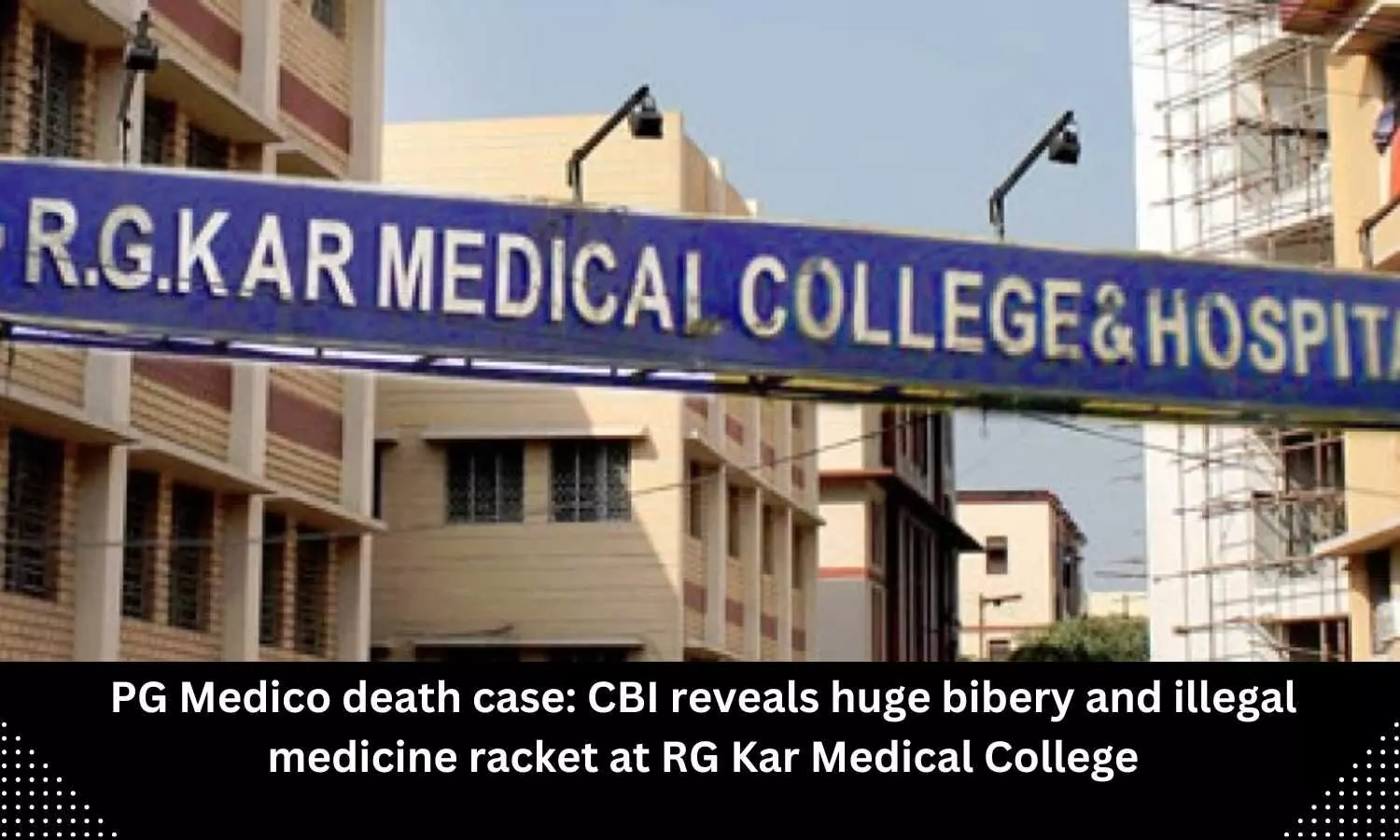
For more information, click on the link below:
Powered by WPeMatico

For more information, click on the link below:
Powered by WPeMatico
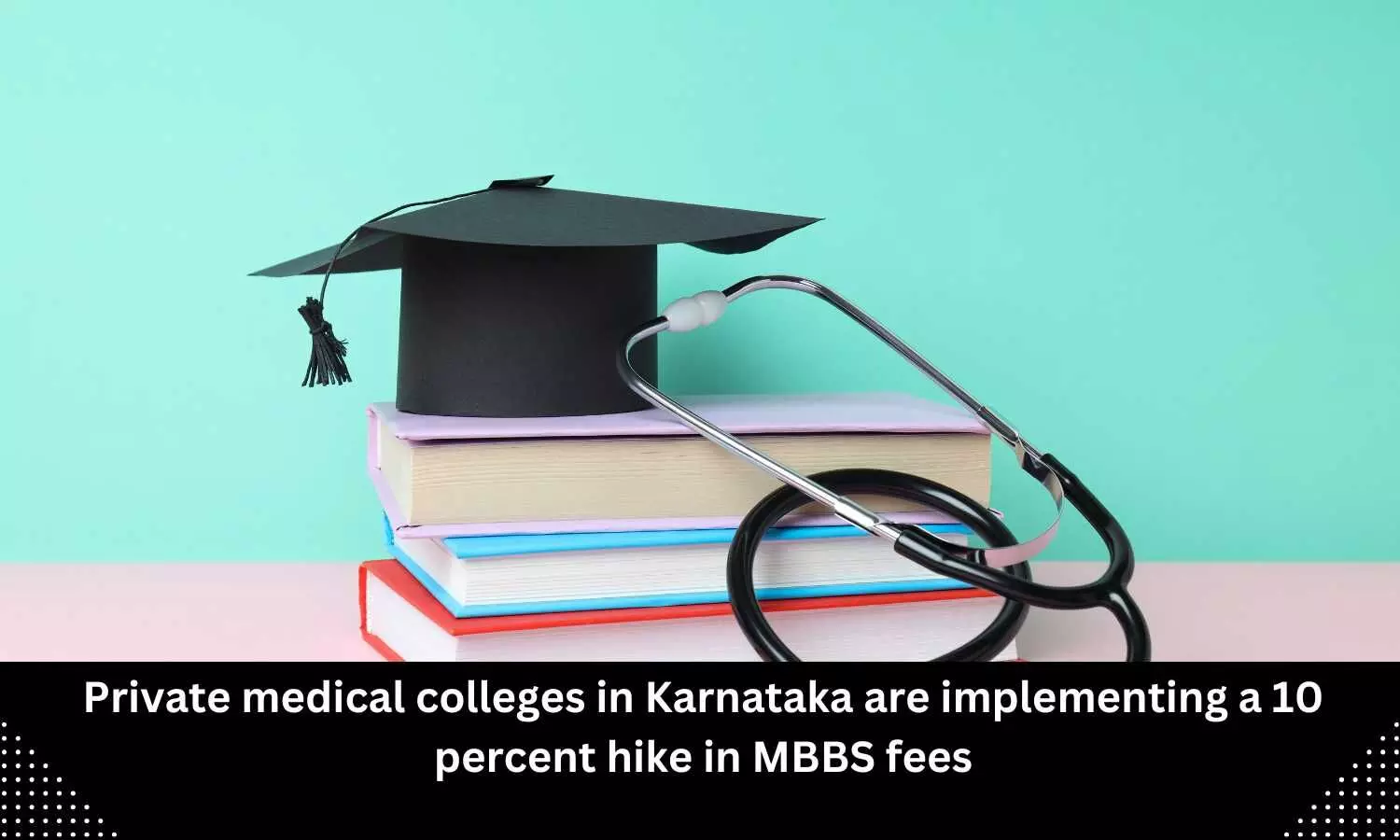
Powered by WPeMatico
Powered by WPeMatico
Powered by WPeMatico
Powered by WPeMatico
Powered by WPeMatico
Powered by WPeMatico
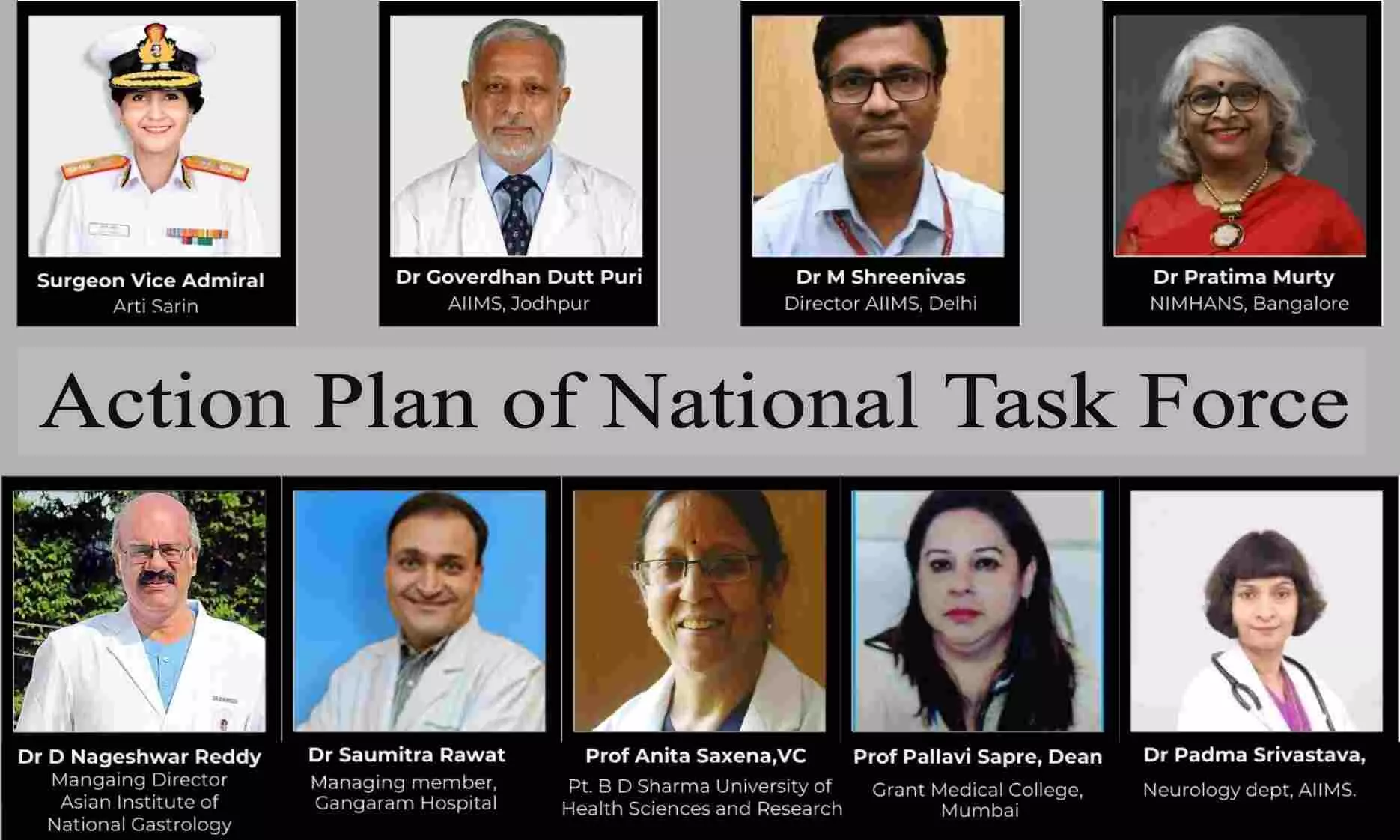
New Delhi: The National Task Force, constituted by the Supreme Court on Tuesday, shall frame effective recommendations to remedy the issues of concern regarding safety, working conditions, and well-being of medical professionals and other related matters.
This 15-member committee, comprising nine senior doctors and five ex-officio government officials, shall prepare an action plan to prevent violence against medical professionals and provide safe working conditions for them.
Further, it will provide an enforceable national protocol for dignified and safe working conditions for interns, residents, senior residents, doctors, nurses, and all medical professionals, the Union Ministry of Health and Family Welfare mentioned in an Office Memorandum issued yesterday.
To prevent violence against healthcare workers, the NTF’s job will be to ensure due security in medical establishments, provide a framework for infrastructural development- such as separate duty rooms and restrooms for male/female doctors, nurses, gender-neural common resting space, use of bio-metric or facial recognition for entry to sensitive areas, installing CCTVs, provision of transport from place of stay to place of duty and vice versa.
The Task Force will also work on grief and crisis counselling at all medical establishments, set up “Employees Safety Committees”, and establish police posts in medical facilities etc.
Regarding the second part of the action plan i.e. providing a national protocol for dignified and safe working conditions for healthcare workers, the NTF shall work on prevention of sexual violence against medical professionals.
The NTF members include Surgeon Vice Admiral Dr. Arti Sarin, Dr. D Nageshwar Reddy, Managing Director of the Asian Institute of Gastroenterology, Dr. M Srinivas, Director of AIIMS Delhi, Dr. Prathima Murthy from NIMHANS Bangalore, Dr. Goverdhan Dutt Puri, Director of AIIMS Jodhpur, Dr. Saumitra Rawat, Managing Member of Gangaram Hospital, Prof Anita Saxena, Vice Chancellor of Pandit BD Sharma College, Dr. Pallavi Sapre, Dean of Grant Medical College, Mumbai, and Dr. Padma Srivastav from the Neurology Department of AIIMS.
Apart from them, there are five ex-officio members including the Cabinet Secretary of the Government of India (GOI), who will be the Chairperson of the National Task Force, Home Secretary of GOI, Secretary of the Ministry of Health and Family Welfare (Member Secretary), Chairperson of the National Medical Commission (NMC) and the President of the National Board of Examinations (NBE).
The Union Health Ministry announced the constitution of the NTF through an Office Memorandum dated 21.08.2024, adding that the NTF shall submit an interim report within three weeks and the final report within two months from the date of the Order of the Hon’ble Supreme Court of India, dated 20/08/2024.
Action Plan of the National Task Force:
The NTF shall prepare an action-plan categorized under two heads-
(1) Prevention of violence against medical professionals and providing safe working conditions:
a. Ensuring due security in medical establishments:
i. Training departments and places within the hospital based on the degree of volatility and the possibility of violence. Areas such as the emergency rooms and the Intensive Care Units are prone to a greater degree of violence and may possibly need additional security in place to deal with any untoward incident;
ii. A baggage and person screening system at every entrance of the hospital to ensure that arms are not carried inside the medical establishment;
iii. Preventing intoxicated persons from entering the premises of the medical establishment, unless they are patients; and
iv. Training security personnel employed at Hospitals to manage crowds and grieving persons.
b. Infrastructural development:
i. Provision of separate resting rooms and duty rooms in each Department for
(a) male doctors;
(b) female doctors;
(c) male nurses;
(d) female nurses; and
(e) a gender-neutral common resting space. The room must be well-ventilated, have sufficient bed spaces, and provide a facility for drinking water. Access to these rooms must be restricted through installation of security devices;
ii. Adopting appropriate technological intervention to regulate access to critical and sensitive areas including through use of bio-metric and facial recognition;
iii. Ensuring adequate lighting at all places in the hospital and, if it is a hospital attached to a medical college, all places within the campus;
iv. Installation of CCTV cameras at all the entrance and exit points of the hospitals, and the corridors leading up to all patient rooms; and
v. If the hostels or rooms of the medical professionals are away from the hospital, provision of transport between 10 pm to 6 am to those who wish to travel to or from their place of stay to the Hospital.
Grief and Crisis Counselling:
c. Employment of social workers trained in grief and crisis counselling at all medical establishments;
d. Conducting workshops for all employees of medical establishments including doctors, nurses and helpers on handling grief and crisis;
Employees Safety Committees:
e. Constitution of “Employees Safety Committees” composed of doctors, interns, residents and nurses at every medical establishment to conduct quarterly audits on institutional safety measures;
f. Including additional requirement(s) on institutional safety measures for medical professionals as a criteria for accreditation of healthcare establishments by the National Accreditation Board for Hospitals & Healthcare Providers; and
Police Posts in Medical Facilities:
g. The possibility of establishing police posts in medical facilities commensurate with the footfall, bed strength and facilities.
(2) Providing an enforceable national protocol for dignified and safe working conditions for interns, residents, senior residents, doctors, nurses and all medical professionals:
Prevention of sexual violence against medical professionals:
a. The Sexual Harassment of Women at Workplace (Prevention, Prohibition and Redressal) Act 2013 applies to hospitals and nursing homes (including private health providers). In terms of the provisions of the Act, an Internal Complaints Committee must be constituted in all hospitals and nursing homes;
b. The duties of an employer listed under Section 19 of the Sexual Harassment of Women at Workplace (Prevention, Prohibition and Redressal) Act 2013 which includes organizing sensitization programmes and providing a safe working space must be discharged; and
c. Ensuring for every medical institution a helpline number for medical professionals which is open 24 x 7 and emergency distress facilities.
Through the OM, the Ministry clarified that the phrase medical professionals encompasses every medical professional including doctors, medical students who are undergoing their compulsory rotating medical internship (CRMI) as a part of the MBBS course, resident doctors and senior resident doctors and nurses (including those who are nursing interns).
“The NTF shall be at liberty to make recommendations on all aspects of the action-plan and any other aspects, which the members seek to cover. NTF would be at liberty to make additional suggestions, where appropriate. The NTF shall also suggest appropriate timelines for the implementation of the recommendations. The NTF may consult relevant stake-holders in this regard,” it clarified.
Further, the OM mentioned, “The Ministry of Health and Family Welfare will provide logistical support including making arrangements for travel, stay and secretarial assistance and bear the travel expenses and other related expenses of the members of the NTF.”
Medical Dialogues had earlier reported that the Supreme Court bench comprising the Chief Justice of India constituted the National Task Force after taking suo-motu cognizance of the RG Kar murder and rape case amid the massive outrage and protests by doctors all across the country demanding justice. The doctors and healthcare workers across India are also demanding proper measures to ensure their safety at their workplaces.
Powered by WPeMatico
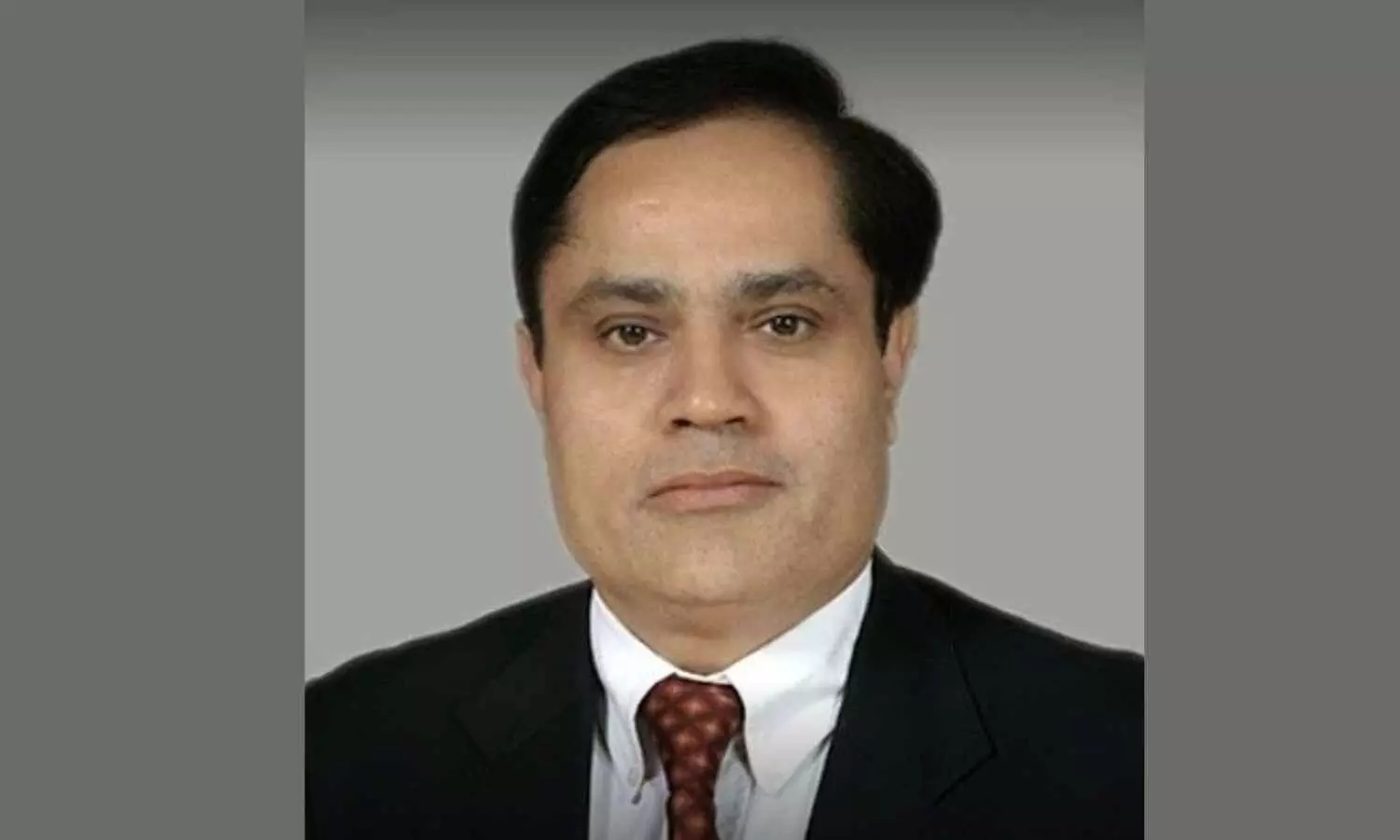
New Delhi: To address the issues regarding the lack of safety for medical professionals, the Supreme Court on Tuesday constituted a 10-member National Task Force to make recommendations on the prevention of violence against medical professionals. Padma Awardee and former President of the Dental Medical Council Dr Anil Kohli lauded the apex court’s decision as a crucial step in developing guidelines to ensure safer working conditions.
Kohli emphasized that despite their dedication, and said that even for the medical professionals there is ”no safe place” who give their best to society.
“After this horrifying incident in Calcutta Medical College, it is a welcome move by the Supreme Court to bring a ten people national task force which was the need of the hour. After 78 years of independence still it gender-based violence is very common in this country. There is no safe place even for the medical professionals who give their best to society. By bringing this to the Supreme Court this committee is going to form the guidelines to be implemented in the workplace,” Dr Anil Kohli said, news agency ANI reported.
National President, IMA Dr R V Asokan lauded the Court decision and said that it was a very “good intervention.”
Also Read:RG Kar Medico Death Case: West Bengal Govt revokes transfer order of 42 doctors
“It is a very good intervention by the SC…It has brought a quality of change to the picture…So this formation of the task force is welcomed…It is also true that we would have been happy to be part of the task force, the CJI has ensured that our voice will be heard,” Asokan said.
Earlier today, the Indian Medical Association (IMA) wrote a letter to Union Health Minister JP Nadda and demanded that the draft bill 2019 incorporating the amendment clauses of the Epidemic Diseases Amendment Act, 2020 and the Code Grey Protocol of Kerala Government
According to an ANI report, “There are special laws enacted for specific exigencies like the POCSO Act as well. We, the Indian Medical Association appeal to you that a special exigency exists about the violence on doctors and hospitals. The doctors are vulnerable in their workplace. The State has a bounden duty to provide safety and security to the doctors and other healthcare personnel. “Right to Life” is a fundamental right,” reads the letter by IMA.
“25 state legislations in this regard have not prevented violence across the country. Very few FIRs have been lodged and very few convictions have happened. There is an urgent need to bring in a Central Act on Violence on Doctors and Hospitals. This is felt acutely by the medical fraternity of India,” it added.
“We demand that the draft bill 2019 incorporating the amendment clauses of the Epidemic Diseases Amendment Act, 2020 and the Code Grey Protocol of Kerala Government “Prevention Management of Violence against Healthcare workers” be proclaimed as an ordinance to instill confidence into the minds of the Doctors of India,” the letter read.
Medical Dialogues had earlier reported that while considering the case of the horrific incident of rape and murder of a PG medical doctor at Kolkata-based RG Kar Medical College and Hospital, the Supreme Court has set up a National Task Force to give recommendations on the modalities to be followed across India to ensure safety of senior and junior doctors employed across the medical colleges/hospitals in the country.
The Supreme Court on Tuesday constituted a 10-member National Task Force to make recommendations on the prevention of violence and safe working conditions for medical professionals. The task force includes Surgeon Vice Admiral Arti Sarin, among others.
The members of the NTF team include – surgeon Vice Admiral Arti Sarin, AVSM, VSM, Director General, Medical Services (Navy); Dr D Nageshwar Reddy, Chairman and Managing Director, Asian Institute of Gastroenterology and AIG Hospitals, Hyderabad; Dr M Srinivas, Director, All India Institute of Medical Sciences (AIIMS), Delhi; Dr Pratima Murthy, Director, National Institute of Mental Health and Neurosciences (NIMHANS), Bengaluru; Dr Goverdhan Dutt Puri, Executive Director, All India Institute of Medical Sciences, Jodhpur; Dr Saumitra Rawat, Chairperson, Institute of Surgical Gastroenterology, GI and HPB Onco-Surgery and Liver Transplantation and Member, Board of Management, Sir Ganga Ram Hospital, New Delhi; Member, Court of Examiners, Royal College of Surgeons, England; Professor Anita Saxena, Vice-Chancellor, Pandit B D Sharma Medical University, Rohtak. Formerly Dean of Academics, Chief- Cardiothoracic Centre and Head Cardiology Department at All India Institute of Medical Sciences (AIIMS), Delhi; Dr Pallavi Saple, Dean, Grant Medical College and Sir JJ Group of Hospitals, Mumbai; and Dr Padma Srivastava, formerly Professor at the Department of Neurology, AIIMS Delhi, currently serving as the Chairperson of Neurology at Paras Health Gurugram are among the members of the team.
Days after the rape and murder of a junior doctor in Kolkata sparked nationwide protests, the apex court suo motu took up the case and directed the task force to submit an interim report within three weeks and a final report within two months.
In response to the tragic rape and murder of a postgraduate trainee doctor at RG Kar Medical College in Kolkata on August 9, which sparked nationwide protests, the Supreme Court has also directed the Central Bureau of Investigation (CBI) to provide a status report on the investigation and requested the West Bengal government to report on the mob attack at the RG Kar hospital on August 15.
On August 9, a postgraduate trainee doctor was allegedly raped and murdered while on duty at RG Kar Medical College in Kolkata, sparking nationwide strikes and protests by the medical community.
Powered by WPeMatico
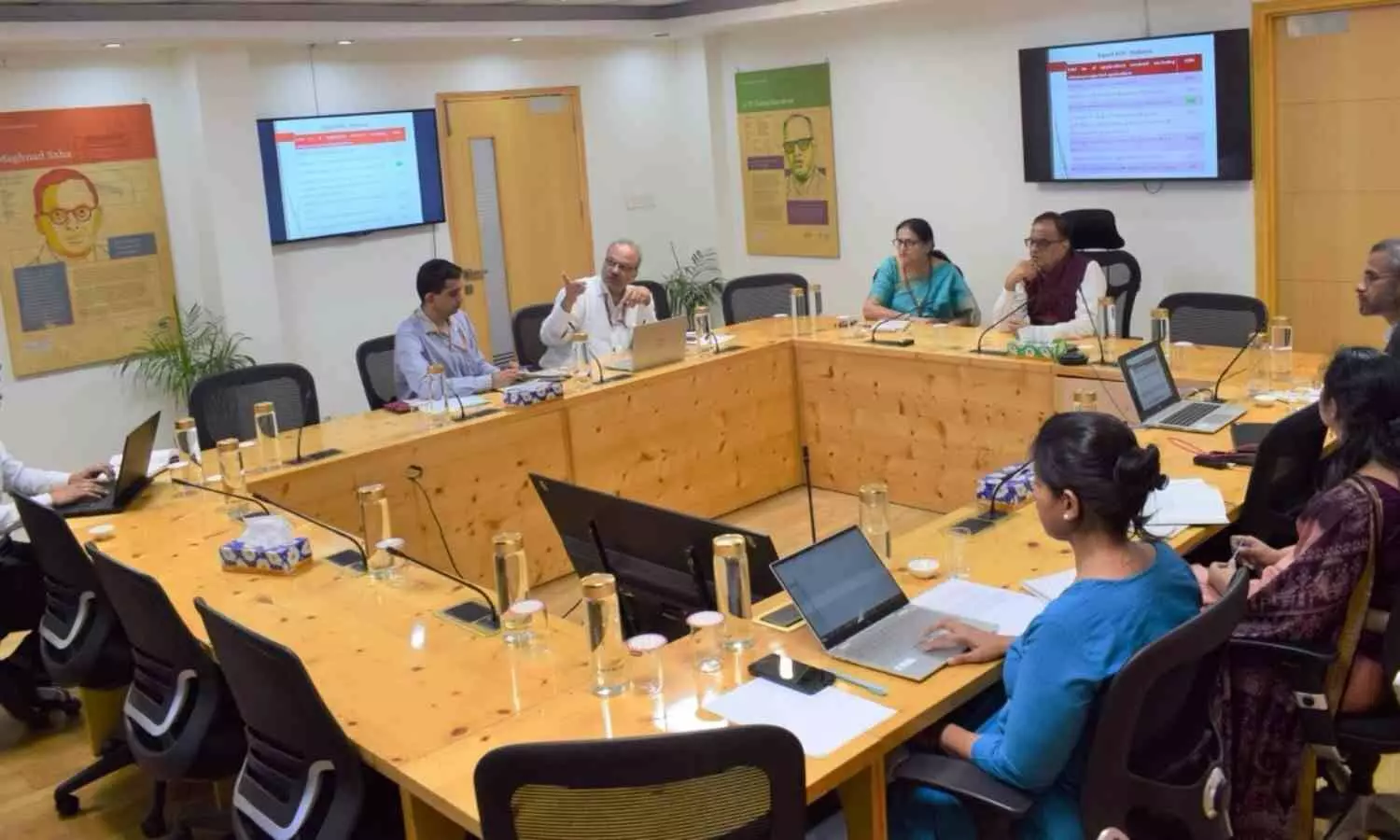
New Delhi: Prof. Ajay Kumar Sood, Principal Scientific Adviser (PSA) to the Government of India took a meeting to review the progress made towards transformation of India’s regulatory system. This matter was discussed in the 24th PM-Science Technology Innovation Advisory Council (PM-STIAC) meeting, chaired by the PSA, and held on the 6th of February 2024 on ‘Transforming the regulatory ecosystem of the medical products in India’.
Dr. Rajeev Raghuvanshi, Drug Controller General of India (DCGI), Central Drugs Standard Control Organisation (CDSCO) updated the progress in priority areas identified as part of the PM-STIAC meeting, such as streamlining of the Subject Expert Committee (SEC) review process and internal process improvement with the help of an independent external agency. He also elaborated on the development of an end-to-end digital architecture for the transformation of India’s regulatory ecosystem, consolidation of Review Committee on Genetic Manipulation (RCGM) activities to a single window system thereby reducing the timeline of approvals, developing the scientific capacity of CDSCO, increased digitization, and the recent notification of countries under Rule 101 to simplify access to medical products, among others.
PSA Prof. Sood appreciated the efforts of CDSCO and emphasized that a robust and enabling regulatory ecosystem will help to build trust in domestic and international markets, boost manufacturing and exports. He said that these efforts will further augment the competitive advantage that India has in the manufacturing of medical products and spur innovations in the entire sector.
Powered by WPeMatico
